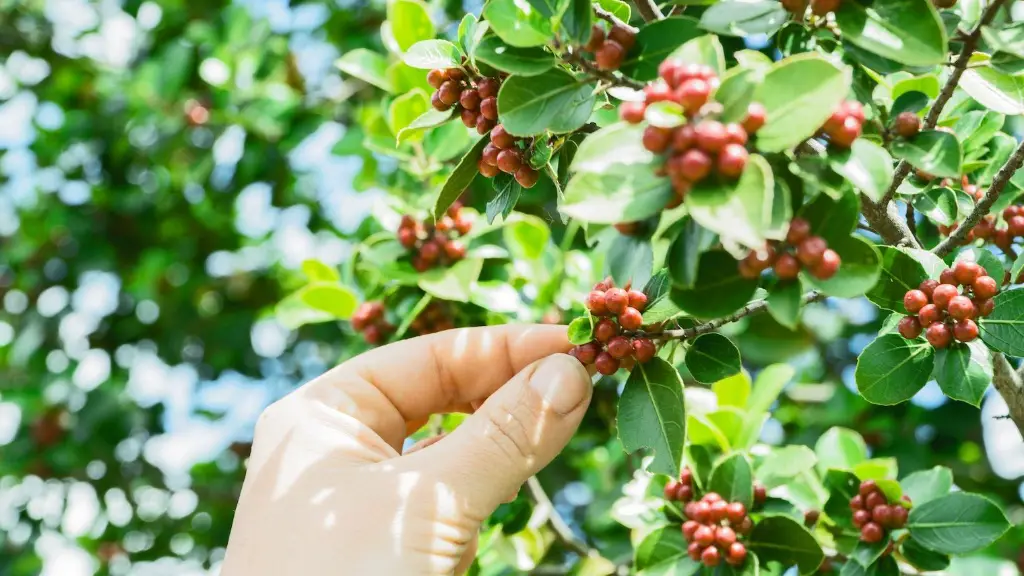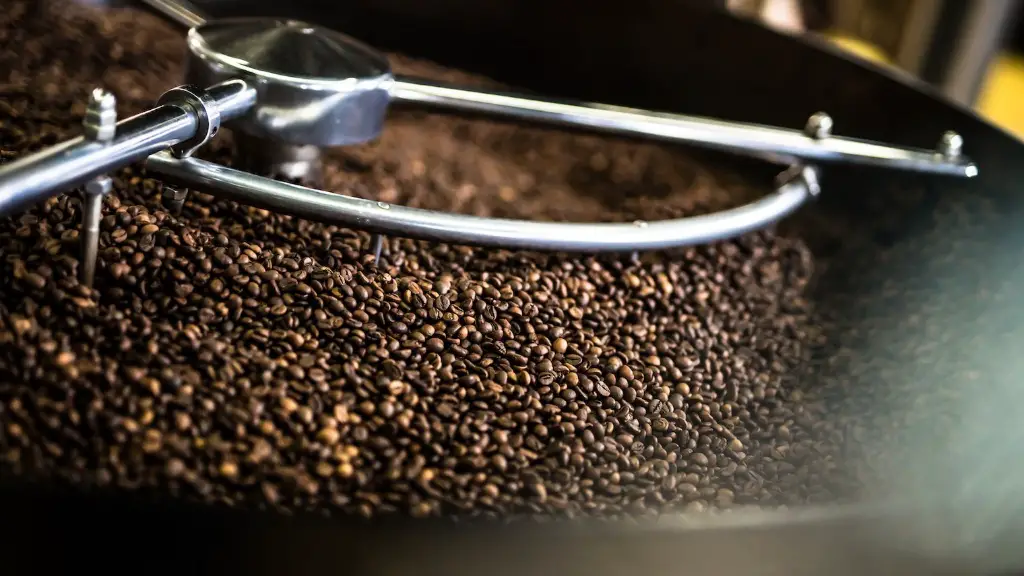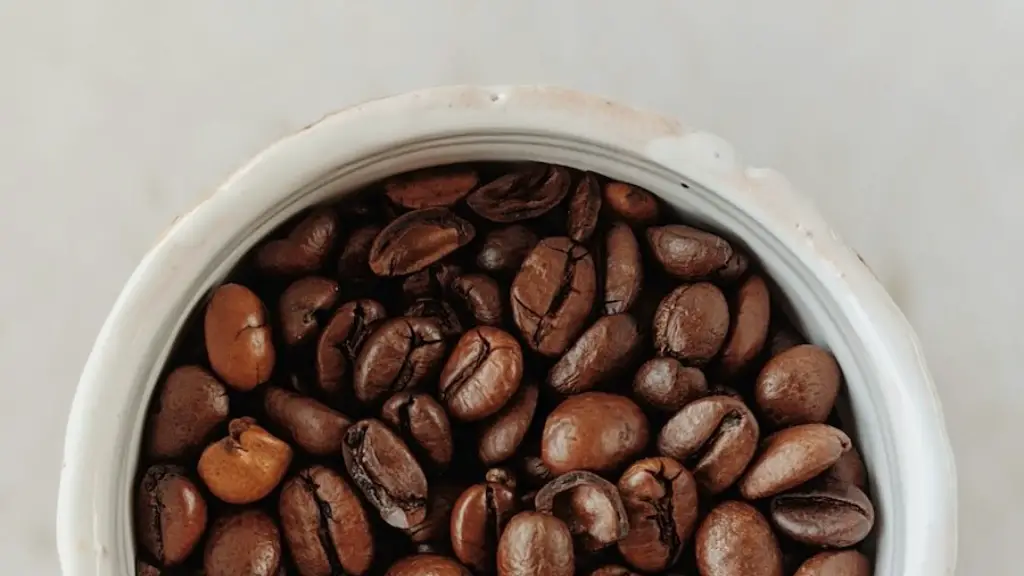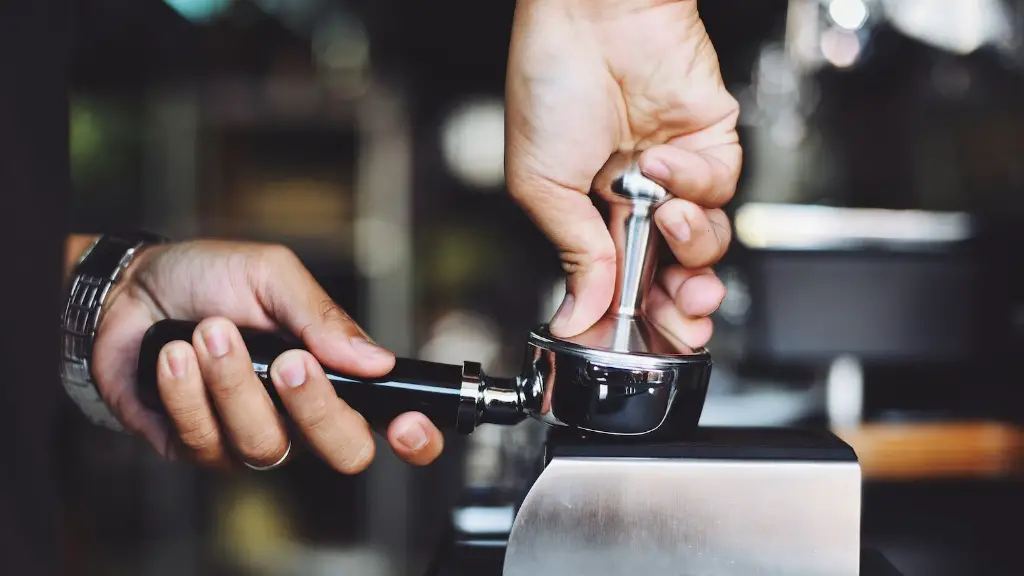Coffee is a popular drink that is enjoyed around the world and it is becoming more and more popular every day. Coffee is so popular that some people even go on coffee runs in the mornings for a quick caffeine fix. But if you’re one of those people, you might be wondering: is it okay to drink coffee when fasting?
On the surface, coffee does seem like an unlikely beverage for those practicing forms of fasting due to its caloric, caffeine and sugar content. However, research conducted recently have indicated coffee’s potential positive impact on metabolic health when taken during fasting. So, regardless of your personal preference, it appears that coffee could be a legitimate component of some fasting regimens.
But before we jump into the research, let’s first examine the common forms of fasting to understand the context in which coffee might be taken. In regards to fasting, there are a number of different diets and regimens out there that may or may not include coffee consumption. Most of these diets center on reducing meal frequency or simply reducing the daily caloric intake.
The most popular and widely accepted form of fasting is Intermittent Fasting (IF). IF involves reducing meal frequency to a few meals during an 8-hour window, leaving a 16-hour window for fasting. It consists of intermittent 24-hour fasts as well as more extreme protocols that involve fasting for extended periods, like multiple days or even weeks.
In regards to these protocols, some fasting regimens allow for small amounts of calorie intake to be consumed during the fasting period, such as black coffee or green tea. This is where coffee comes into play since it does contain some calories and sugars. In fact, according to the USDA, an 8-ounce cup of espresso contains 11 calories and 0.2 grams of sugar.
Benefits of Coffee
Now that we’ve established what fasting entails, let’s turn our attention to the potential benefits of including coffee in your fasting plan. A number of studies have found that coffee can help boost energy, improve metabolism, and even help to regulate blood sugar levels and hormones. Specifically, one study revealed that coffee might be beneficial in reducing and regulating blood sugar levels while maintaining healthy cholesterol levels.
The benefits don’t stop there, either. Research has also suggested a link between coffee and increased metabolism and weight loss. In one study, caffeine was found to increase metabolic rate by 16%, meaning that it can help you burn more calories even when in a fasting state. Additionally, one study revealed that caffeine can help to reduce appetite, which could help you to stay on track with your fasting goals.
Furthermore, when taken in moderation, coffee can help to improve cognitive functioning and alertness. This means that coffee drinkers during their fast may be able to remain more focused and alert throughout the day. Moreover, coffee is known to have antioxidant and anti-inflammatory properties, which could help to protect against disease.
Drawbacks of Coffee
Though coffee may be beneficial in certain ways, there are a few drawbacks to consider as well. First of all, caffeine is a stimulant, which could cause anxiety and agitation when taken in excess. Additionally, since coffee does contain some calories, it could impact your overall calorie intake for the day and ultimately interfere with your overall fasting goals.
Moreover, drinking coffee during a fast can actuall reduce the effectiveness of the fast. This is because coffee has been linked to increased levels of cortisol, a stress hormone, which in turn can disrupt the body’s process of intermittent fasting. Plus, if you’re following a Longer-term Fast (LTF) of more than three days, drinking coffee can interfere with the detoxing process that occurs during LTFs.
Finally, it’s important to note that coffee isn’t a magic solution; it can’t replace eating. If you’re fasting, it is important to drink a lot of water, as dehydration can be a major risk factor. Coffee can dehydrate you further, especially when taken in excess. Therefore, if you’re using the Fast Plan, you should limit your coffee intake to just 1-2 cups a day in order to remain hydrated.
Expert Recommendations
Though some research has linked small amounts of coffee consumption with potential health benefits during fasting, experts still advise caution. Many experts recommend limiting your coffee consumption to 1-2 cups a day and to mix in some herbal teas or water during the fasting window.
That being said, experts also caution against consuming too much caffeine. Too much caffeine could lead to side effects like jitters, headaches and anxiety. Moreover, if you’re already sensitive to caffeine’s effects, you might want to opt for decaf or smaller doses of regular coffee. Additionally, it’s important to take into consideration any underlying health conditions before consuming coffee while fasting.
Should You Include Coffee During Fasting?
It’s clear that there is no right answer when it comes to drinking coffee during fasting. Individual preferences, health conditions, and the type of fast being practiced are all important factors to consider. That being said, if done in moderation and with proper preparation, it does seem that coffee can play a role in some fasting regimens.
For starters, you should be aware of the type of fast you are engaging in – Intermittent Fasting, Longer-term Fasting, etc. – and its specific rules. That way, you can be sure to stick to the plan you have chosen without compromising its effectiveness. Additionally, it’s also important to stay mindful of your caffeine intake. Too much of it could lead to unwanted side effects and disrupt your fast.
Finally, if you’re practicing any type of fasting plan that restricts or eliminates the consumption of calories, you should always opt for decaf coffee. Decaffeinated coffee is much lower in calories and sugar and can still provide you with a mental boost throughout the day.
How to Make the Most Out of Coffee During Fasting
Whether you’re interested in feeling energized and awake during your fast or looking for a way to keep your stomach full, there are certain things to consider in order to get the most out of your coffee during fasting. For starters, focus on quality rather than quantity. High-quality coffee—known for its distinctive flavor and aroma—can help you make the most of your coffee breaks even if you’re fasting.
Also, pay close attention to the way you brew your coffee. Different brewing methods, like drip, French press, and espresso can alter the flavor of coffee and provide different levels of caffeine and antioxidants. Additionally, you should always opt for coffee that is organically grown and freshly roasted to ensure an optimal coffee experience.
And when it comes to the actual coffee drink, pay attention to what you add. Try to go for all-natural alternatives, like almond milk or cream instead of processed creamers. You can also opt for sugar-free sweeteners, like stevia or honey or even just a dash of cinnamon or nutmeg to give your coffee an extra boost.
Conclusion
In conclusion, whether or not you should drink coffee when fasting depends on various individual and lifestyle factors. However, when taken in small amounts and with the guidance of an expert, coffee may have potential health benefits and can become an integral part of your fast. And, with some adjustment to the way it is prepared and served, it can be an enjoyable drink even when you’re fasting.





